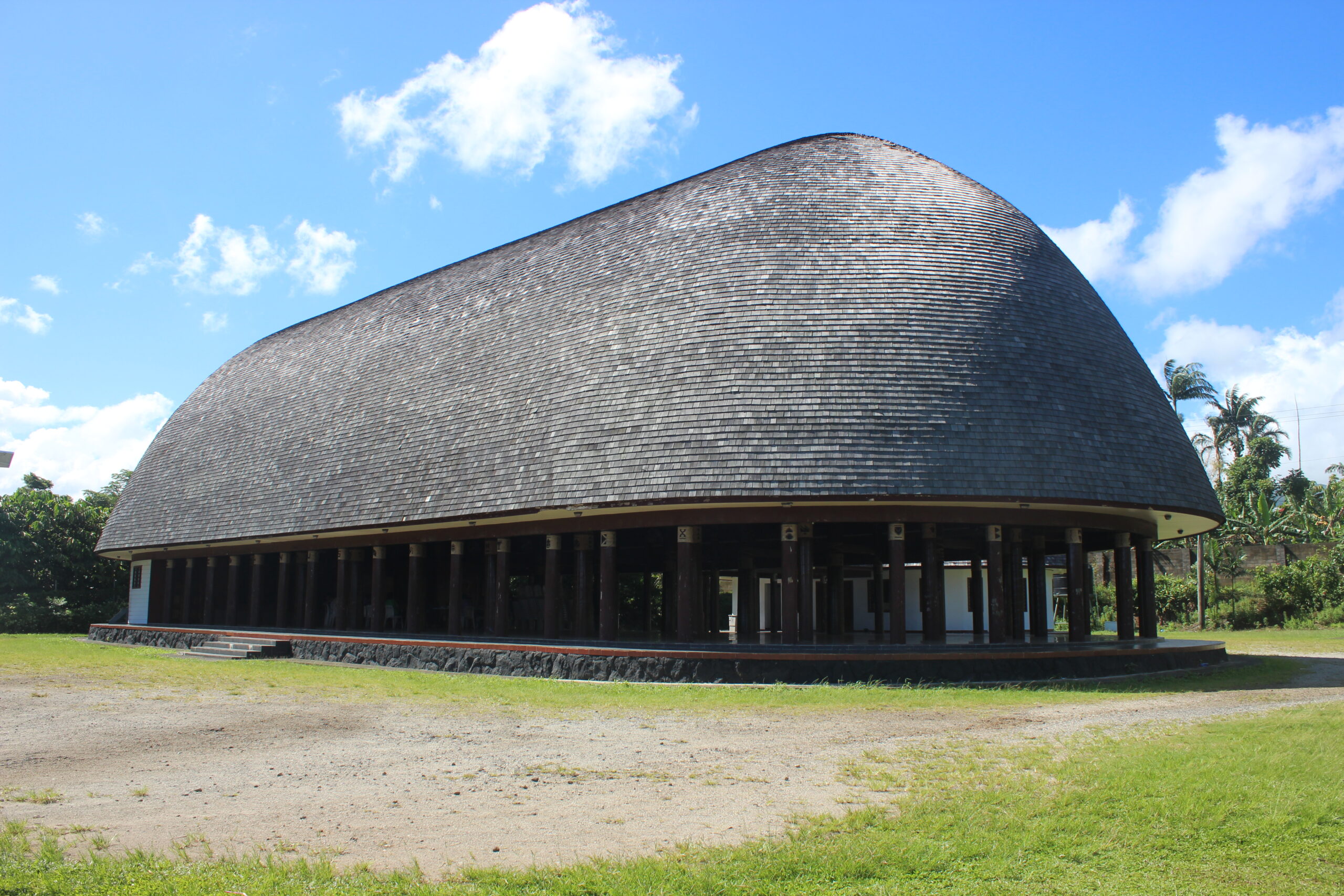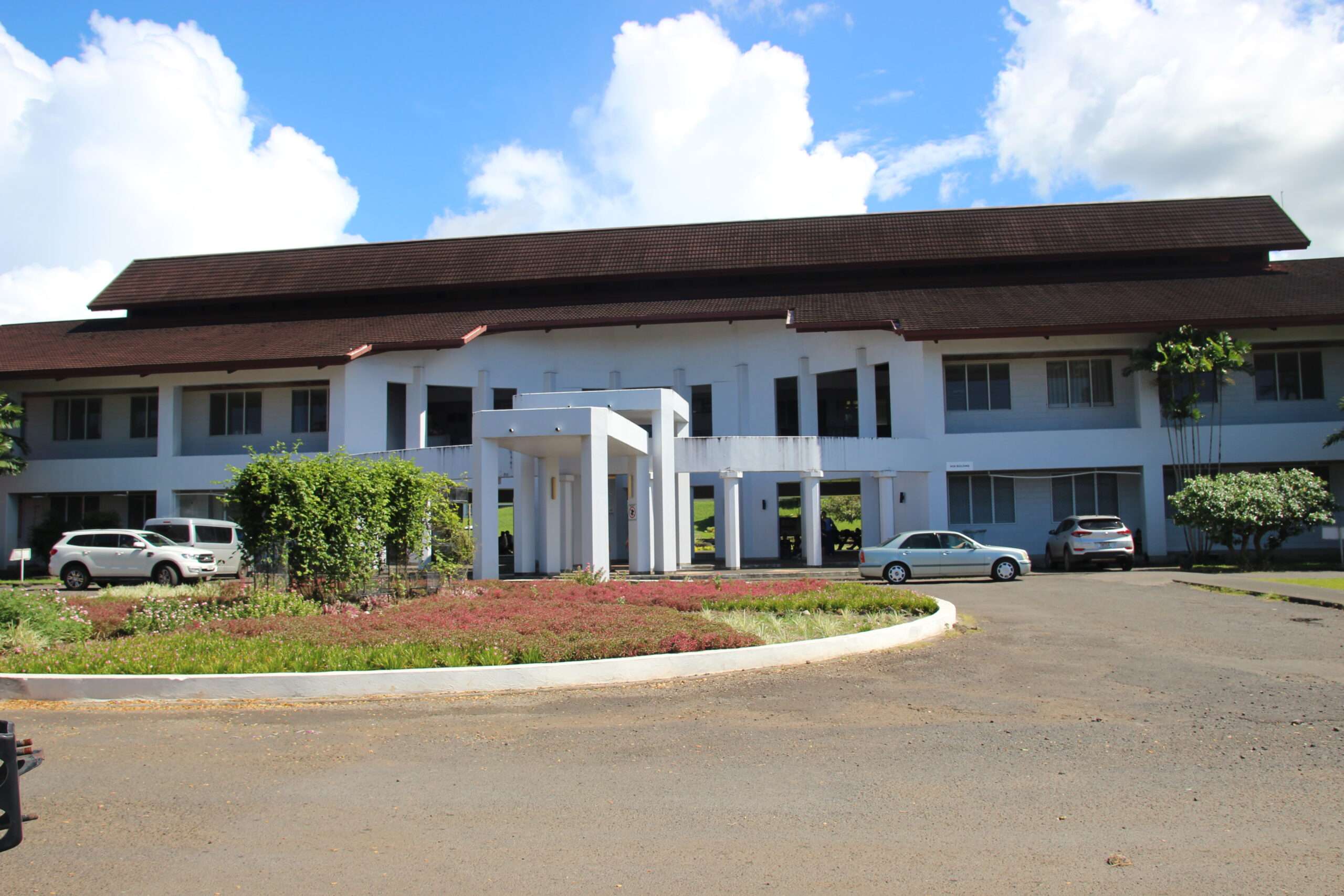47th Annual Conference of the Oceania Comparative and International Education Society (OCIES)
National University of Samoa, Apia, Samoa
30 June – 2 July 2020
OCIES conference in Samoa invites keynote speakers and presenters from all over the world to bring new theories, philosophies, and future educational perspectives to help guide and preserve quality and sustainable education for the future. Education today in Oceania is vulnerable and it is our collective responsibility to ensure that we provide the best quality education for all. Many will question the sustainability of current approaches, but it really depends on each nation to see their country grow academically and productively in all areas and in ways that are sustainable. Of note for our conference in the Pacific, many vulnerable and third world nations are bombarded with numerous ideas about how to ‘fix’ education woes such as poor education infrastructure and academically ‘lagging’ metrics. The biggest question that academics are asking today is how to preserve quality education for the future generations. They question whether these short-term ‘fixes’ are really sustainable, are culturally appropriate, or are simply moving nations into a larger state of debt. Our conference is ideally placed to have comparative dialogue between the North-South and South-South to address some of these concerns and possibilities. This conference is our voice that can bring together academics from all over the globe to share, collaborate, and plan what is the best education for the future of our communities, nations, and regions.
Quality education for a sustainable future is one major goal in the world due to the impact of rapid and often turbulent global educational, economic, social and cultural changes affecting all nations. Many years of research and advocacy since the Brundtland Report (Our Common Future 1987) have clearly demonstrated that developing and third world countries are the most vulnerable nations due to a number of interrelated and complex aspects such as having limited economic resources, lacking in the sorts of skills needed to engage with global economic pressures and opportunities, being ‘resource-rich’ and therefore vulnerable to exploitation of their human and physical resources. We recognise that education provides opportunities to vulnerable nation states and communities but how we go about educating children, young adults, and professionally developing adults to face these challenges remains fraught with ideological and perspectival tensions.
We want this conference to provide an opportunity for you to share your research into the future of education that is sustainable, particularly focussing on the tensions within North-South and South-South delivery of education services. We regard your contribution to this theme as being one vital avenue towards informing the development of sustainable education services in our nations. We would appreciate if your abstract would take into consideration the ideas and thoughts as indicated above. Some focus questions you may like to consider in preparing your abstract for the conference are:
- Why is education important in our lives?
- What does sustainable education look like?
- What does formal, Western-inspired education contribute? What are its limitations?
- What are some ways to move into a postcolonial and sustainable view of education service provision?
- How might we scale up small successful and sustainable education initiatives into large formal education systems?
Brundtland, G. (1987). Report of the World Commission on Environment and Development: Our Common Future. [online] Available at: https://www.un-documents.net/our-common-future.pdf [Accessed 7 March 2019].

